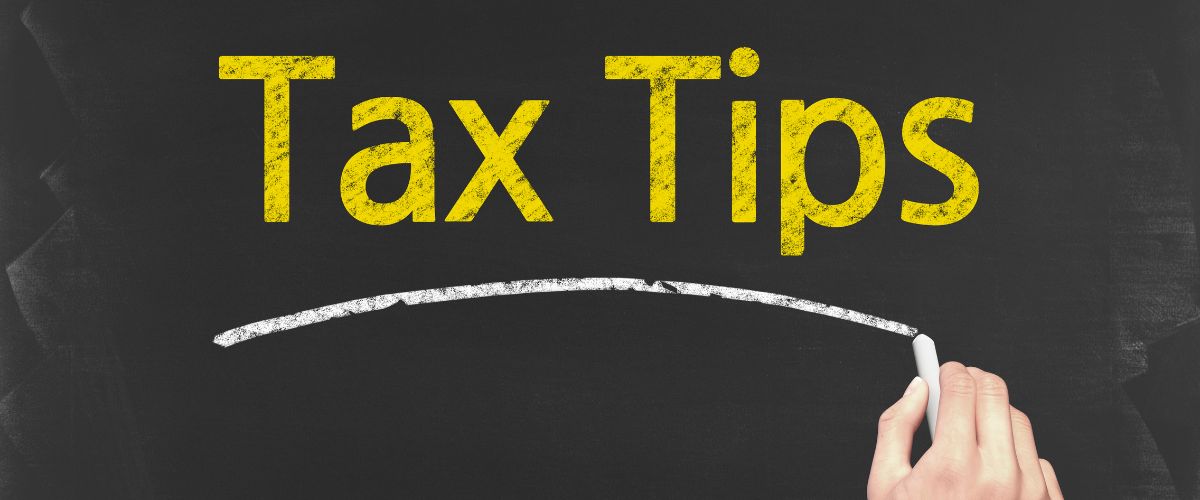Tax Planning Tips for Every Tax Season
Ah, tax season! A time that brings to mind daunting paperwork, complex calculations, and the hope of a sweet refund. But have you ever thought about how a pinch of planning could spice up this obligatory time of the year? Dive in as we navigate the ins and outs of effective tax planning!
Introduction to Tax Planning
Why is tax planning important?
Well, it’s not just about playing safe with the taxman. Think of tax planning as a roadmap. It helps you navigate your financial decisions, ensuring you minimize your tax liability and maximize your potential refunds. Essentially, it’s the best way to make the most of what you’ve earned!
The basics of tax planning
The foundation of tax planning is simple: you need to understand your income, your deductions, and the credits available to you. With this understanding, you can formulate a strategy that makes your money work best for you.
Effective Tax Planning Strategies
Start Early
Procrastination is a foe you don’t want to meet during tax season. Starting your planning early allows you to have a clear picture and prevents those last-minute scrambles.
Understand Your Deductions
Do you know all the deductions you’re eligible for? Knowing them can significantly reduce your taxable income.
Commonly overlooked deductions
Did you know that student loan interest, medical expenses, and even some work-related expenses can be deducted? Delving into the details can save you bucks!
Tax credits vs. tax deductions
While deductions reduce your taxable income, credits reduce your tax bill dollar-for-dollar. Making use of available credits, such as those for education or energy efficiency, can be a game-changer!
Utilizing Tax-Advantaged Accounts
Retirement accounts
Contributing to retirement accounts like 401(k)s or IRAs not only secures your future but also reduces your taxable income now. Win-win, right?
Health Savings Accounts (HSAs)
An HSA is a triple threat! It offers deductions on contributions, tax-free growth, and tax-free withdrawals for medical expenses. If eligible, it’s a no-brainer.
Tips for the Self-Employed and Business Owners
Quarterly tax payments
Making regular quarterly payments can save self-employed individuals from hefty tax bills and penalties at the end of the year.
Hiring a tax professional
When your finances get complicated, it’s worth investing in a professional’s expertise. They can provide tailored strategies and ensure you’re not leaving money on the table.
Conclusion
Recap of the key takeaways
Tax planning isn’t about dodging responsibilities; it’s about smart financial decision-making. By starting early, understanding deductions and credits, and utilizing tax-advantaged accounts, you can make tax season a breeze!
FAQs
What’s the difference between a tax deduction and a tax credit?
A deduction reduces your taxable income, while a credit reduces your tax bill directly.
Is it worth hiring a tax professional?
If your financial situation is complex or you’re unsure about deductions and credits, it’s worth consulting with a professional.
Can I deduct my home office expenses?
Yes, if you’re self-employed and use part of your home exclusively for business, you may qualify for a home office deduction.
How can I optimize my tax returns?
Start planning early, understand all potential deductions and credits, and consider consulting a professional.
Are all contributions to retirement accounts tax-deductible?
It depends on the type of account and your income. For example, contributions to a traditional IRA are often deductible, but those to a Roth IRA are not.


